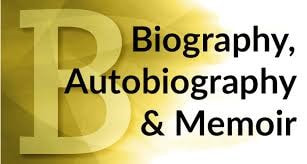
How many times have you heard someone say, "You should write a book about that?" I'm guilty of saying it, and if you're honest, you'll admit to uttering words to that same effect as well. When someone captivates your imagination with an (obviously exaggerated) tale of daring exploits, or has you laughing hysterically with their youthful misadventures, the well-used phrase automatically escapes your lips whether you honestly mean it or not.
It's true. Everyone has a story. People enjoy reminiscing about happy memories, meeting a famous person, or traveling to an unusual place. However, some of the sagas fall on the opposite end of the spectrum and are not meant for entertainment. Instead, the narratives describe serious subjects such as overcoming horrible situations or coping with a chronic disease.
All these personal accounts deserve to be heard, and fortunately, three non-fiction genres allow these stories to be told: biography, autobiography, and memoir.
Biographies are an objective history of a person's life written by someone else. It's usually written in third person and compiled through extensive research, interviews, letters, diaries, photographs, essays, and other reference materials. The best biographies bring their subjects to life. As a general rule, the narratives are written in chronological order weaving the details of the person's life into an attention-grabbing story. This genre helps us to get to know the background behind historical figures as well as currently popular names we hear but don't really know much about their previous life. Most biographers are very studious about getting their facts correct, but every once in a while, errors occur.
Biographies are fairly straightforward and easy to understand, but the two other categories can be a bit confusing. The terms autobiography and memoir are occasionally used interchangeably to describe a book, even though they are two totally different styles of writing.
An autobiography is the comprehensive history of a person's life, written by that person. It's more subjective than a biography since it's based on the author's personal memories. Autobiographies usually detail the life of a well-known personality and are written in first person portraying his or her life experiences and achievements. The story often begins with the writer's recollections of early childhood and details education, career, life experiences, challenges, and accomplishments. Some accounts emphasize a particular part of the author's life while glossing over less interesting aspects, while other autobiographies chronicle the person's complete history. The finished works are as unique as the writers themselves.
That brings us to memoir. It's the same as an autobiography since it is written in first person as a personal account. Still, it differs as it focuses on a particularly memorable event rather than the author's whole life. Memoirs come in all shapes and sizes. The emotional connection created through a personal, intimate story can touch, inspire, or break the reader's heart. They can also take you on a once-in-a-lifetime adventure or explain how a life-changing experience helped the author discover a new truth. Being less formal, the tale relies on emotions and feelings. The flow of the story can be chronological or move forward and back in time as the author selects pertinent life events to tell the tale. They take us on a journey or give a glimpse into life viewed from a different angle
Memoirs are typically read because of their theme or subject matter, so factual accuracy is not as crucial as it is for biographies or autobiographies. Instead, the message is the vital factor. It's what makes the reader think WOW as the narrative comes to an end.
Many folks shy away from non-fiction genres because they think the books are boring. For these people, I recommend a memoir, autobiography, or biography of someone they admire. Delving into the little-known facts that made someone else noteworthy may inspire the readers to look inside themselves and discover the story hidden within them that needs to be shared.
It's true. Everyone has a story. People enjoy reminiscing about happy memories, meeting a famous person, or traveling to an unusual place. However, some of the sagas fall on the opposite end of the spectrum and are not meant for entertainment. Instead, the narratives describe serious subjects such as overcoming horrible situations or coping with a chronic disease.
All these personal accounts deserve to be heard, and fortunately, three non-fiction genres allow these stories to be told: biography, autobiography, and memoir.
Biographies are an objective history of a person's life written by someone else. It's usually written in third person and compiled through extensive research, interviews, letters, diaries, photographs, essays, and other reference materials. The best biographies bring their subjects to life. As a general rule, the narratives are written in chronological order weaving the details of the person's life into an attention-grabbing story. This genre helps us to get to know the background behind historical figures as well as currently popular names we hear but don't really know much about their previous life. Most biographers are very studious about getting their facts correct, but every once in a while, errors occur.
Biographies are fairly straightforward and easy to understand, but the two other categories can be a bit confusing. The terms autobiography and memoir are occasionally used interchangeably to describe a book, even though they are two totally different styles of writing.
An autobiography is the comprehensive history of a person's life, written by that person. It's more subjective than a biography since it's based on the author's personal memories. Autobiographies usually detail the life of a well-known personality and are written in first person portraying his or her life experiences and achievements. The story often begins with the writer's recollections of early childhood and details education, career, life experiences, challenges, and accomplishments. Some accounts emphasize a particular part of the author's life while glossing over less interesting aspects, while other autobiographies chronicle the person's complete history. The finished works are as unique as the writers themselves.
That brings us to memoir. It's the same as an autobiography since it is written in first person as a personal account. Still, it differs as it focuses on a particularly memorable event rather than the author's whole life. Memoirs come in all shapes and sizes. The emotional connection created through a personal, intimate story can touch, inspire, or break the reader's heart. They can also take you on a once-in-a-lifetime adventure or explain how a life-changing experience helped the author discover a new truth. Being less formal, the tale relies on emotions and feelings. The flow of the story can be chronological or move forward and back in time as the author selects pertinent life events to tell the tale. They take us on a journey or give a glimpse into life viewed from a different angle
Memoirs are typically read because of their theme or subject matter, so factual accuracy is not as crucial as it is for biographies or autobiographies. Instead, the message is the vital factor. It's what makes the reader think WOW as the narrative comes to an end.
Many folks shy away from non-fiction genres because they think the books are boring. For these people, I recommend a memoir, autobiography, or biography of someone they admire. Delving into the little-known facts that made someone else noteworthy may inspire the readers to look inside themselves and discover the story hidden within them that needs to be shared.
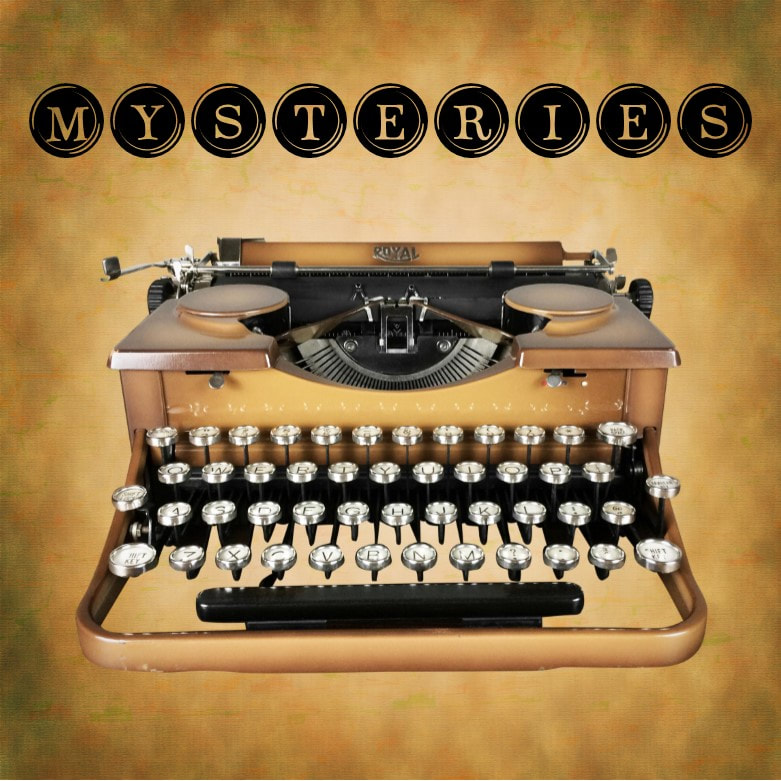
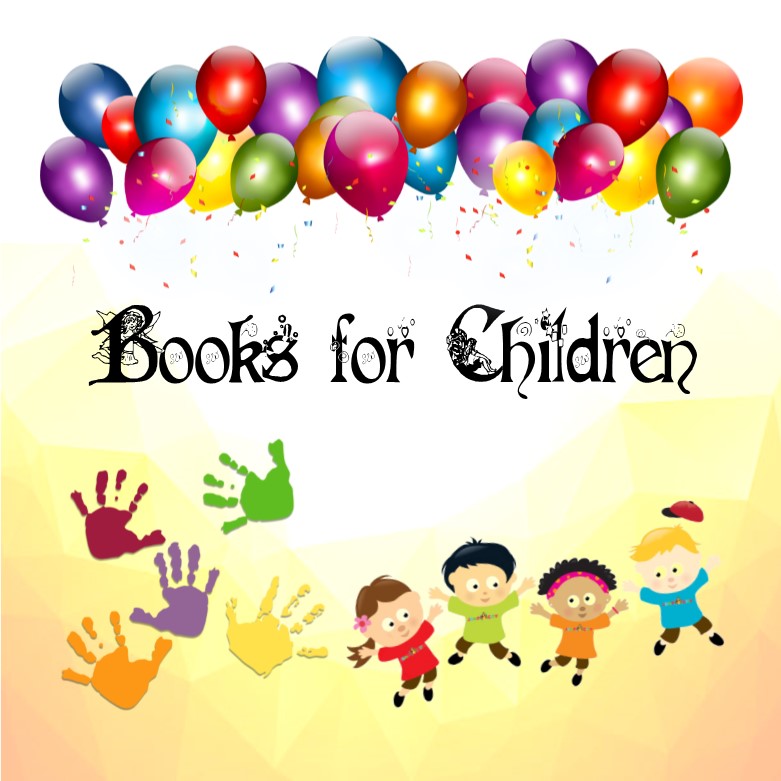

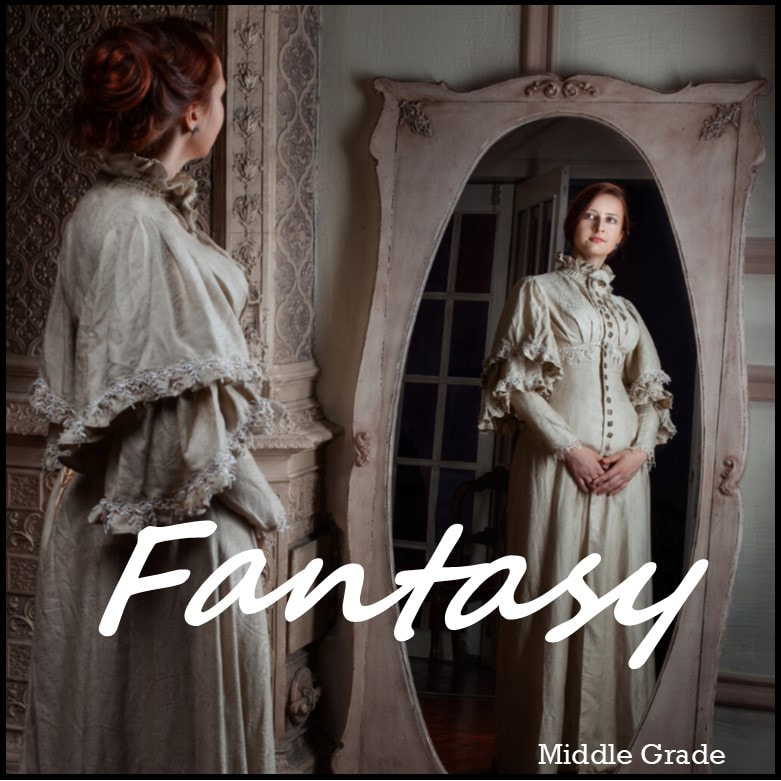



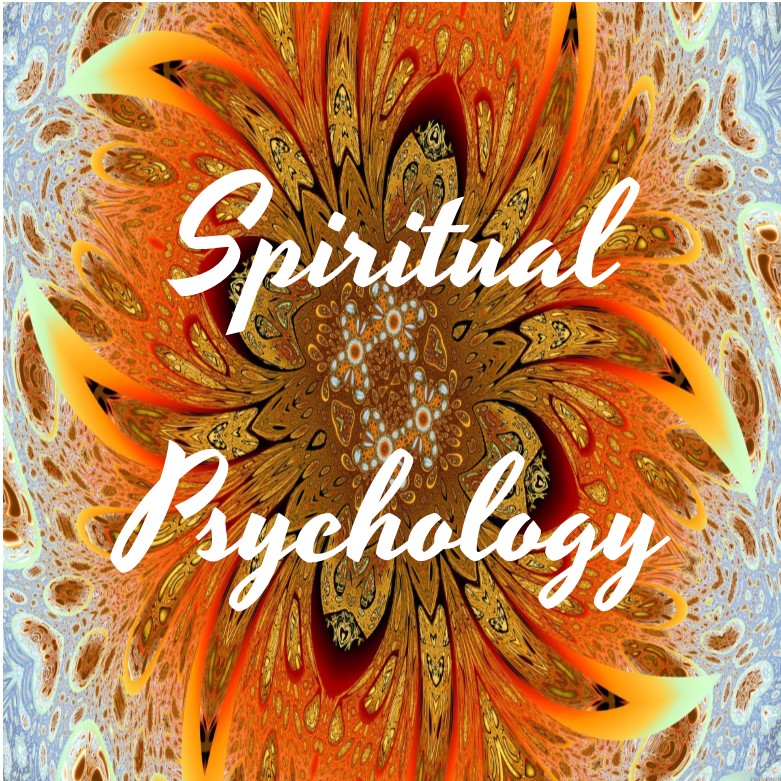

 RSS Feed
RSS Feed